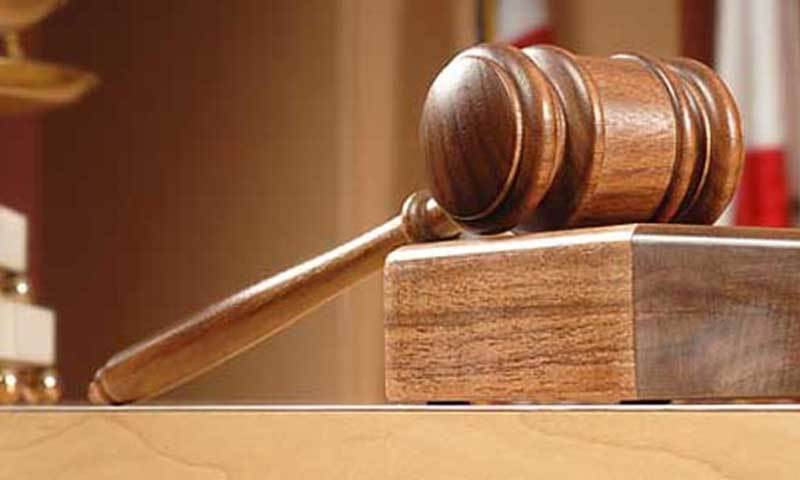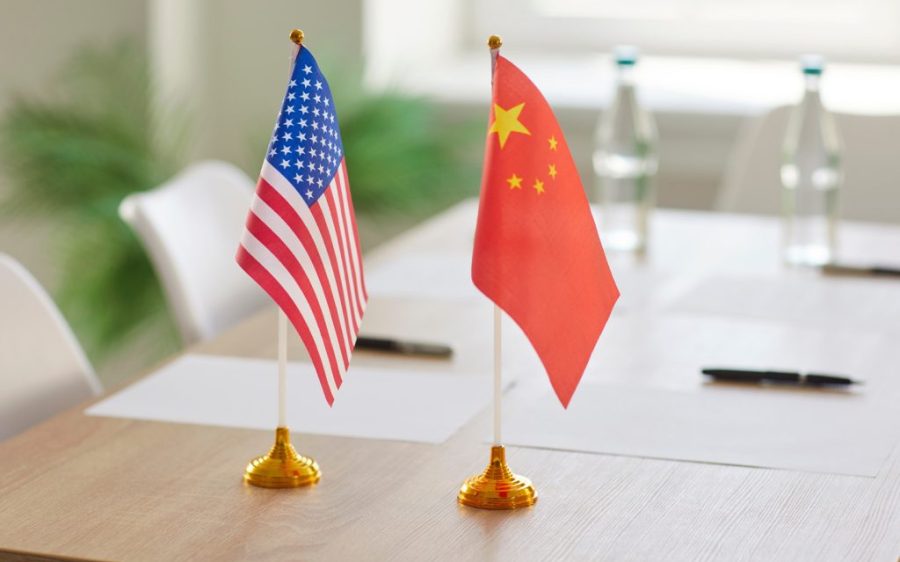On Friday, the Apex court issued a written order cancelling the seven petitions filed challenging the law degree cancellation of Justice Tariq Mehmood Jahangiri. Court stresses independence of Judicial proceedings: During the hearing of seven petitions related to Justice Tariq Mehmood Jahangiri’s law degree, chaos broke out at the SHC. A day after the chaos, …
SHC Rejects Petitions and Warns Lawyers Against Disrupting Court Decorum

On Friday, the Apex court issued a written order cancelling the seven petitions filed challenging the law degree cancellation of Justice Tariq Mehmood Jahangiri.
Court stresses independence of Judicial proceedings:
During the hearing of seven petitions related to Justice Tariq Mehmood Jahangiri’s law degree, chaos broke out at the SHC. A day after the chaos, the court released a strongly worded written order. The bench declared that the SHC could “not be held hostage to the whims/ wishes of the advocates as to the manner in which the petitions shall be heard.” The order also confirmed that all seven petitions had been dismissed due to non-prosecution.
The tense hearing:
On Thursday, a two-member constitutional bench comprising Justice Mohammad Karim Khan Agha and Justice Adnan-ul-Karim Memon refused to accept Justice Jahangiri’s request to join the proceedings. The judges explained that they would first decide whether the petitions were even maintainable.
However, the petitioners’ lawyers disagreed, insisting that their objections regarding the bench’s jurisdiction should be addressed first. The court maintained that its priority was to examine maintainability before taking up other objections.
This disagreement led to heated scenes. Dozens of lawyers gathered inside and outside the courtroom, chanting slogans, clapping, and eventually staging a protest against one of the judges. Petitioners and their lawyers walked out in protest, upset at the bench’s refusal to hear their objections first.
Lawyers walk out:
The order released Friday highlighted the repeated refusals of lawyers to argue the core issue. Advocate Ebrahim Saifuddin, when called to speak on maintainability, declined and insisted that preliminary objections raised by other counsels must be addressed first. He later left the courtroom without presenting arguments.
Similarly, Advocate Faisal Siddiqui also refused to argue on maintainability after the bench declined his request. Advocate Salahuddin Ahmed followed the same course, demanding that objections to an earlier order be resolved first. He too walked out after refusing to proceed.
Other counsels were also absent when called upon, indicating a collective unwillingness to argue. Based on this, the court concluded that the petitions were abandoned. The order stated, “The counsel were given the opportunity to be heard and address the maintainability of the pleas, which they deliberately did not avail.”
Justice Jahangiri’s plea was rejected:
The order also addressed Justice Jahangiri’s attempt to become a party in the case. According to the bench, he spoke “with dignity and patience,” but not on any specific petition or listed application. He, too, eventually left the courtroom, leading the court to dismiss his application for non-prosecution.
The order read, “The petitioners and the intervener (Justice Jahangiri) have wilfully refused to pursue this matter and walked out during the hearing when asked to argue on the maintainability of these petitions. The reasons are obvious, demonstrating a deliberate lack of interest and constituting a gross abuse of the process of the court.”
The SHC bench emphasized that it is the court’s prerogative to decide how to regulate proceedings. The order emphasised, “The advocates cannot dictate to it.” The judges further explained that superior courts hold “inherent power” to dismiss constitutional petitions for non-prosecution or default, particularly when there is a “persistent lack of diligence.”
Lawyers’ conduct under scrutiny:
The order also commented on the lawyers’ disruptive behavior during Thursday’s hearing. It said that they “began raising slogans against the judiciary and completely disrupted the decorum of the court. Such conduct is highly unbecoming and not expected from senior members of the legal profession. Prima facie, such conduct amounts to contempt of court.”
By dismissing the petitions and addressing the disruptions, the SHC sent a strong message that judicial authority cannot be undermined by pressure tactics or unruly behavior.











